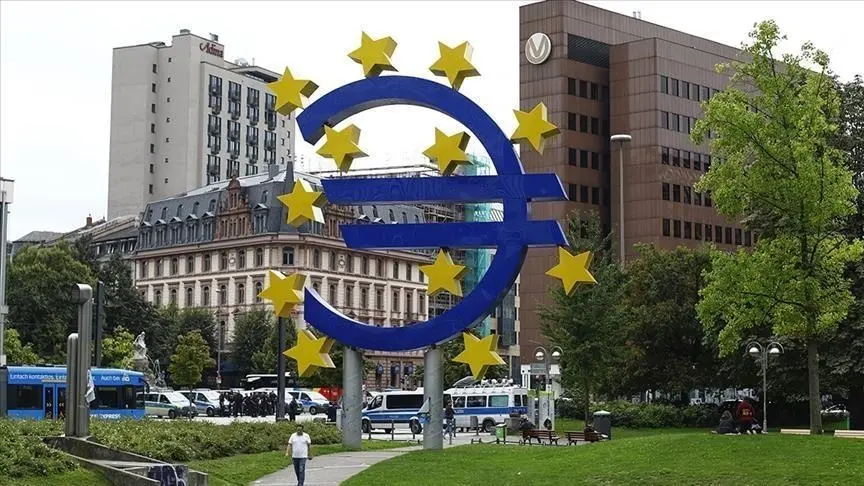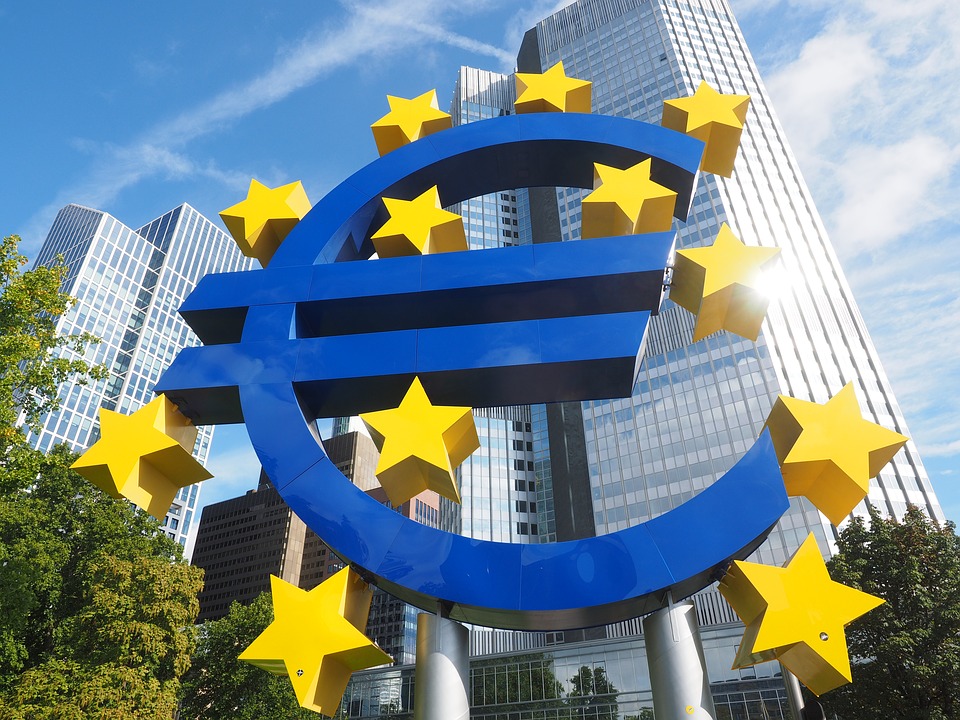Euro Zone PMI Hits Lowest in Nearly 3 Years, Stirs Recession Worries
The Euro Zone Purchasing Managers’ Index (PMI) has recently hit its lowest point in nearly three years, sparking concerns about a possible recession. This development has significant implications for students preparing for various government exams, including positions in teaching, law enforcement, banking, railways, defense, and civil services like PSCS to IAS.
The PMI is a crucial economic indicator that reflects the health of the manufacturing and services sectors in the Euro Zone. It is a composite index that takes into account various factors, including new orders, production, employment, supplier deliveries, and inventories. A PMI reading below 50 indicates contraction in economic activity, while a reading above 50 signifies expansion.

Why this News is Important:
1. Economic Indicator for Government Exams: The Euro Zone PMI is a key economic indicator that is often included in government exam syllabi. Understanding its significance and the factors affecting it is essential for candidates appearing for exams related to economics, finance, and civil services.
2. Impact on Various Sectors: A declining PMI can affect multiple sectors, such as banking, as it reflects economic slowdown and could lead to changes in fiscal and monetary policies. For those aspiring to work in these sectors, staying updated on such economic indicators is crucial.
Historical Context:
To understand the gravity of the situation, it’s essential to consider the historical context. The Euro Zone PMI has been on a downward trend for several months. Trade tensions, political uncertainties, and the global economic slowdown have contributed to this decline. The Euro Zone’s economy has been grappling with challenges, and this low PMI reflects the ongoing struggles.
Key Takeaways from “Euro Zone PMI Hits Lowest in Nearly 3 Years”:
| Serial Number | Key Takeaway |
|---|---|
| 1 | Euro Zone PMI is at its lowest in 3 years, indicating economic contraction. |
| 2 | Declining PMI has far-reaching implications on sectors like banking, defense, and civil services. |
| 3 | Understanding the historical context is crucial to grasp the severity of the situation. |
| 4 | Candidates preparing for government exams must keep a close watch on economic indicators like PMI. |
| 5 | Policymakers use PMI data to shape economic policies, which is a vital aspect for aspirants of civil service positions. |
Important FAQs for Students from this News
Q1: What is the Euro Zone PMI?
A1: The Euro Zone PMI, or Purchasing Managers’ Index, is an economic indicator that reflects the health of the manufacturing and services sectors in the Euro Zone.
Q2: What does a PMI reading below 50 indicate?
A2: A PMI reading below 50 signifies a contraction in economic activity.
Q3: Why is the decline in Euro Zone PMI important for government exam aspirants?
A3: Understanding economic indicators like PMI is crucial for candidates as it’s often included in government exam syllabi. It impacts multiple sectors and policy formulation.
Q4: What factors have contributed to the decline in the Euro Zone PMI?
A4: The decline is influenced by factors like trade tensions, political uncertainties, and the global economic slowdown.
Q5: How does the Euro Zone PMI affect sectors like banking, railways, and defense?
A5: A declining PMI can lead to changes in fiscal and monetary policies, affecting these sectors and their operations.
Some Important Current Affairs Links

















